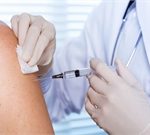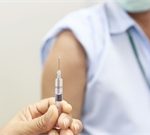
A portable generator may power up your home after a hurricane or storm knocks out your electricity, but it also poses the risk of carbon monoxide poisoning, one expert says. Carbon monoxide is often called the silent killer because it’s colorless, odorless and tasteless. “Never use a generator in your home or garage, even if the doors and windows are open,” said Dr. Lindell Weaver, medical director of hyperbaric medicine at Intermountain Medical Center and LDS Hospital in Salt Lake City, Utah. “Only use generators outside, more than 20 feet away from your home, doors and windows,” Weaver added in an Intermountain news release. All homes and businesses should have a carbon monoxide alarm. Carbon monoxide poisoning should be suspected if multiple people have “flu-like” symptoms all at once, especially if fever is absent, Weaver said. Another sign is if a person improves when out of the area where suspected carbon monoxide exposure is occurring. Carbon monoxide poisoning symptoms include: headache, dizziness, weakness, vomiting, chest pain, confusion, seizure, loss of consciousness and death. If a person develops symptoms consistent with carbon monoxide poisoning, evacuate the area immediately and call 911, Weaver said. Treatment for carbon monoxide poisoning reduces the risk of permanent brain or heart injury, but patients may still suffer disability. It’s crucial to take precautions to prevent and avoid carbon monoxide exposure, Weaver… read on >

























-300x200.jpg)










